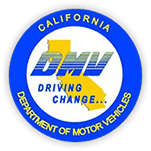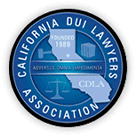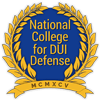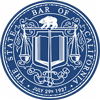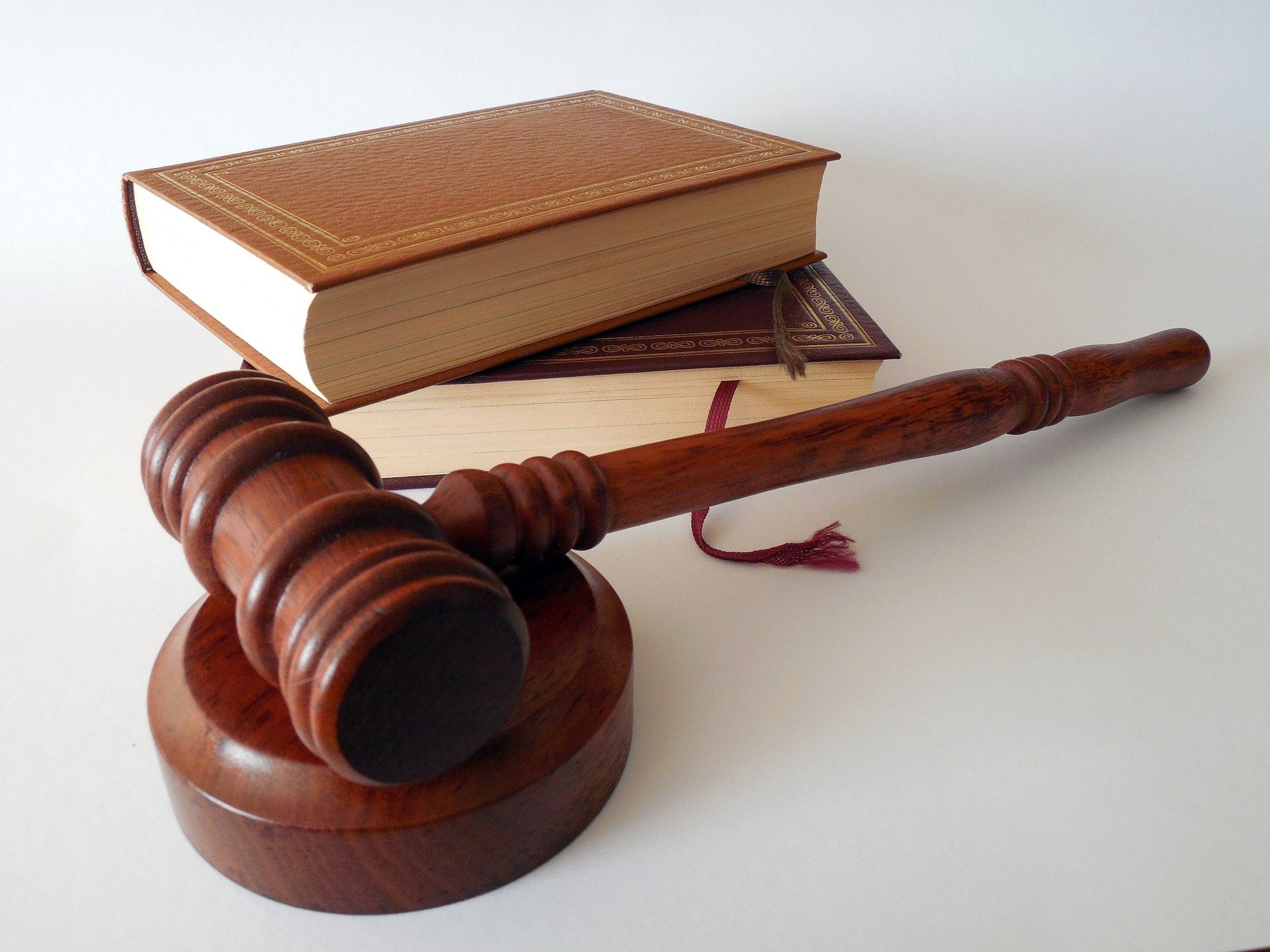
If you have recently been arrested and charged with a driving under the influence, you are likely frightened, overwhelmed, and unsure about what happens next. When you are arrested for driving under the influence or DUI, you are given a “Notice to Appear” by the police officer. At the bottom is the court date and address of the court where you must appear. This first court appearance is known as your “arraignment”, which is the next in the criminal justice process. If you have been accused of drunk driving, our experienced attorneys could explain what typically happens at a DUI arraignment and then guide you throughout this process.
It is never a good idea to miss your first court date. Failing to appear will almost always result in a bench warrant, giving the police permission to arrest you anywhere – your work, home, or any public place. If you are charged with a misdemeanor DUI, your attorney can appear at the arraignment on your behalf. Although, you will need to appear if your DUI charge is a felony.
An arraignment is the first step of your California DUI criminal court process. It is a formal reading of the charges against you. If you cannot afford an attorney, you can ask for a public defender to represent you going forward in the process. If you need more time to find your own attorney, you can ask the judge to continue your arraignment at a later date. A judge will usually grant you a continuance for a few weeks to a month or so.
If you have an attorney representing you at your arraignment, you and your attorney must appear before the judge, where he or she reads the charges against you. This is where the prosecutor may give their first offer or plea bargain. A plea bargain is an agreement with the prosecutor in which you plead guilty and agree upon the prosecution’s recommended charge and punishment.
During your arraignment, you get your first opportunity to enter a plea of guilty, not guilty, or no contest to the charges.
It is typically advisable to enter a plea of not guilty. This provides you and your attorney the opportunity to review the police report, maintenance records of the BAC testing equipment used, and any dashcam footage or surveillance video. It also allows the opportunity for your attorney to conduct a thorough investigation into the alleged incident and for you and your legal team to discuss all possible options and outcomes. If you enter a not guilty plea, the judge announces the dates of future court proceedings. Although negotiations sometimes take place during the arraignment, they are more likely to occur during the pre-trial phase of the process.
If you decide to plead guilty at your arraignment, keep in mind that you will be convicted of the DUI charge and will then have a criminal record. After this, you must comply with anything and everything the judge orders you to do. It is extremely challenging to withdraw a guilty plea, so it is best to consult with a knowledgeable DUI defense attorney who can explain all possible consequences of a guilty plea.
If you have been charged with driving under the influence, it is best to evaluate all of your options. Contact the Law Offices of Scott Henry for a free case analysis. One of our skilled attorneys could review your charges, advise you of your rights, and determine a strategy best preserves your interests.


